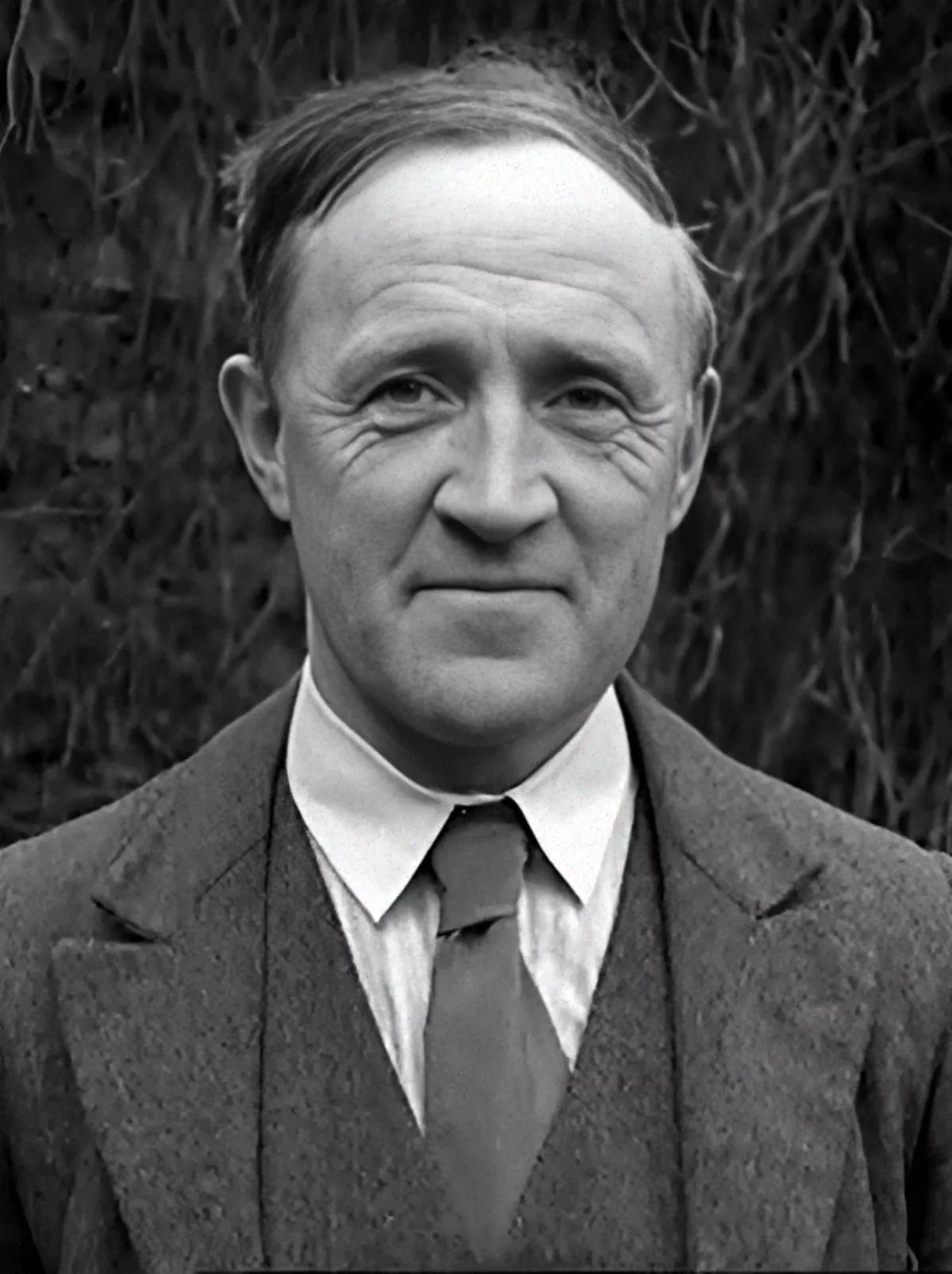 1.
1. Gerald Boland was an Irish Fianna Fail politician who served as Minister for Justice from 1939 to 1948 and 1951 to 1954, Minister for Lands from 1936 to 1939, Minister for Posts and Telegraphs from 1933 to 1936 and Government Chief Whip from 1932 to 1933.